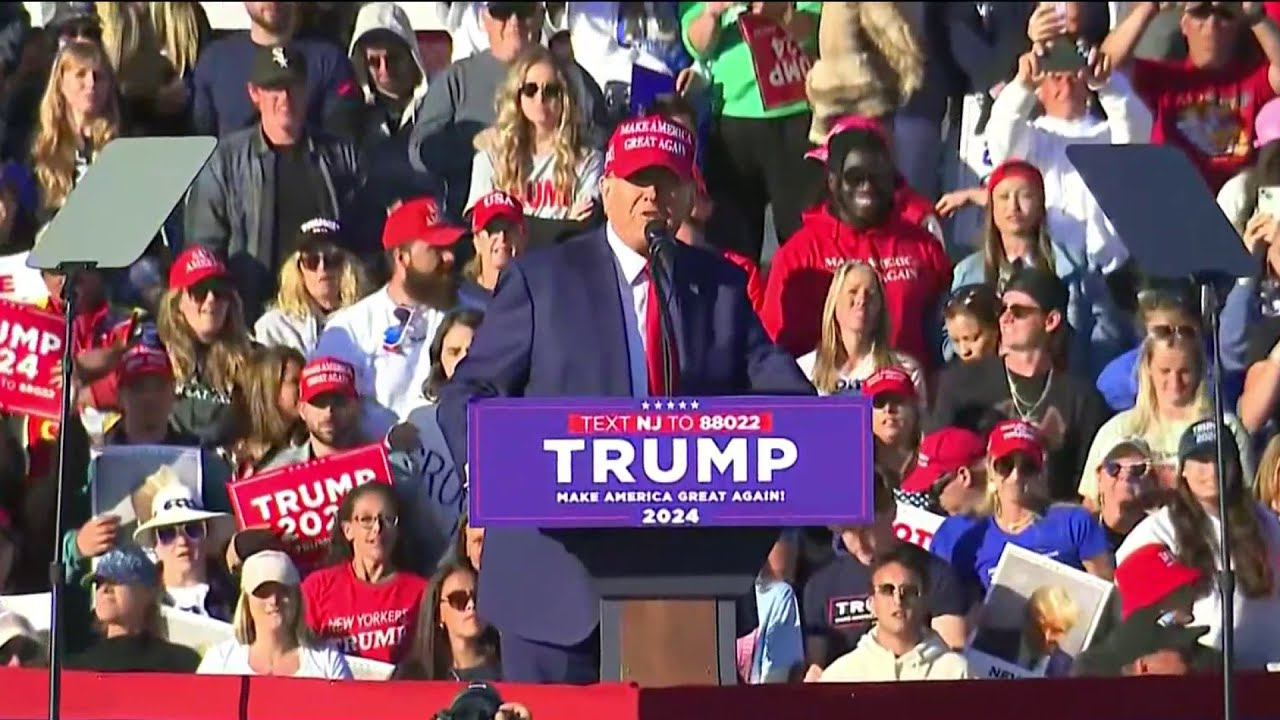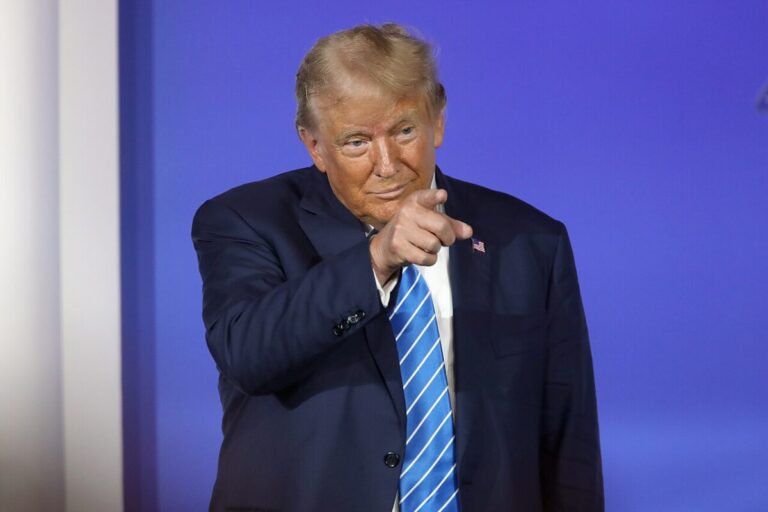In a recent legal development that underscores the ongoing clash between political campaigns and intellectual property rights, a federal judge has ordered President Trump’s campaign to cease using the song “Hold On, I’m Coming” at his rallies. This decision comes amidst a copyright lawsuit filed by the estate of Isaac Hayes, the legendary co-writer of the song, who passed away in 2008. The injunction, issued by U.S. District Judge Thomas Thrash Jr., represents a critical intersection of law, music, and politics.
The iconic track, performed by the duo Sam & Dave, has been a staple at Trump rallies, energizing crowds with its soulful rhythm. However, the unauthorized use of the song has sparked legal action from Hayes’s family, seeking to protect their rights and prevent what they view as an inappropriate association of the song with Trump’s political agenda.
Judge Thrash’s ruling specifically prohibits the Trump campaign from playing “Hold On, I’m Coming” at future events. Nevertheless, the judge denied a parallel request from the Hayes estate to mandate the removal of campaign videos that had previously used the track. This decision reflects a nuanced approach, balancing the immediate concerns of the plaintiffs with the complexities involved in the broader distribution and historical use of the song in political contexts.
Both parties involved in the lawsuit have expressed a degree of satisfaction with the outcome of the emergency injunction hearing. The Hayes estate sees the ruling as a victory in defending the artistic legacy of Isaac Hayes, while the Trump campaign can continue to utilize existing promotional materials that incorporate the song.
This case highlights a critical issue within the realm of political campaigning: the use of copyrighted music without explicit permission. It has become increasingly common for artists and their representatives to challenge political figures who employ their music without consent, often citing ideological differences or brand protection as motivating factors.
The broader implications of this legal battle raise important questions about the rights of musicians and the responsibilities of political campaigns in respecting those rights. As public figures attempt to harness the emotional power of music to bolster their public image, they must navigate the legal landscape surrounding intellectual property with care and respect.




Leave a Comment